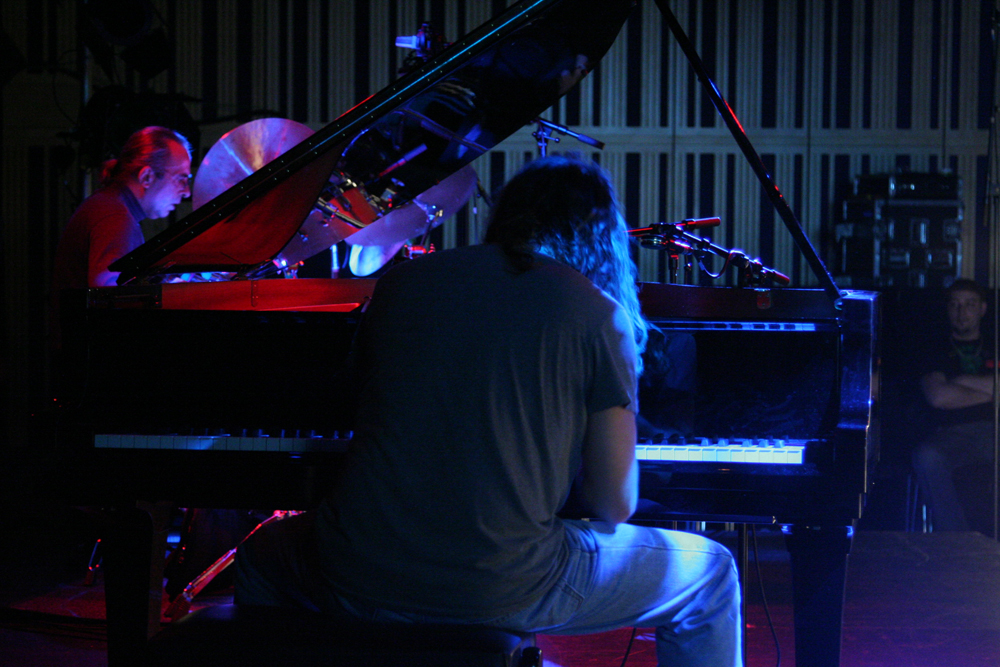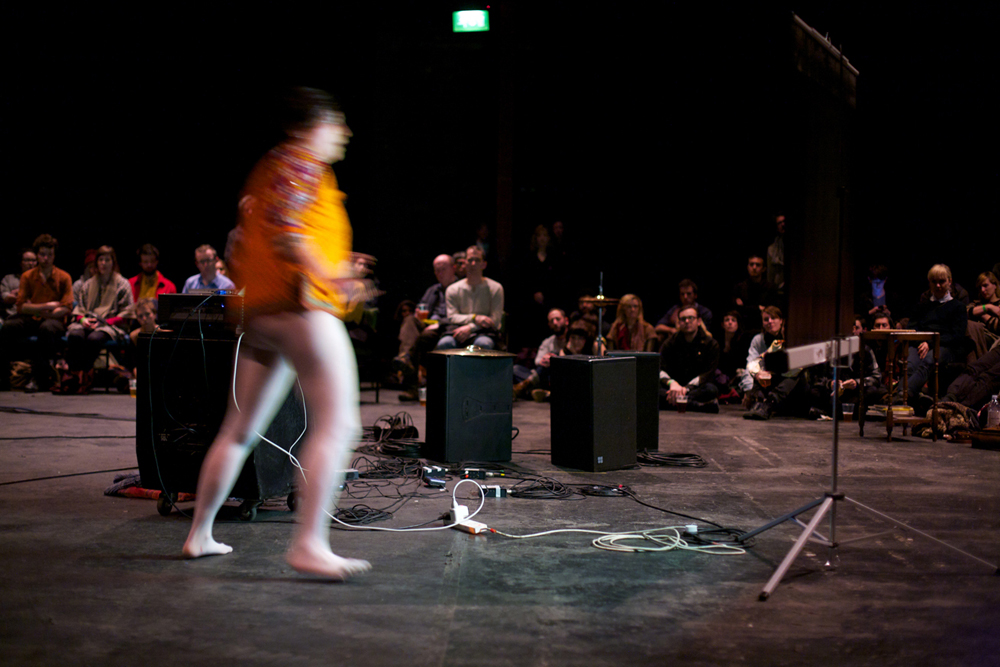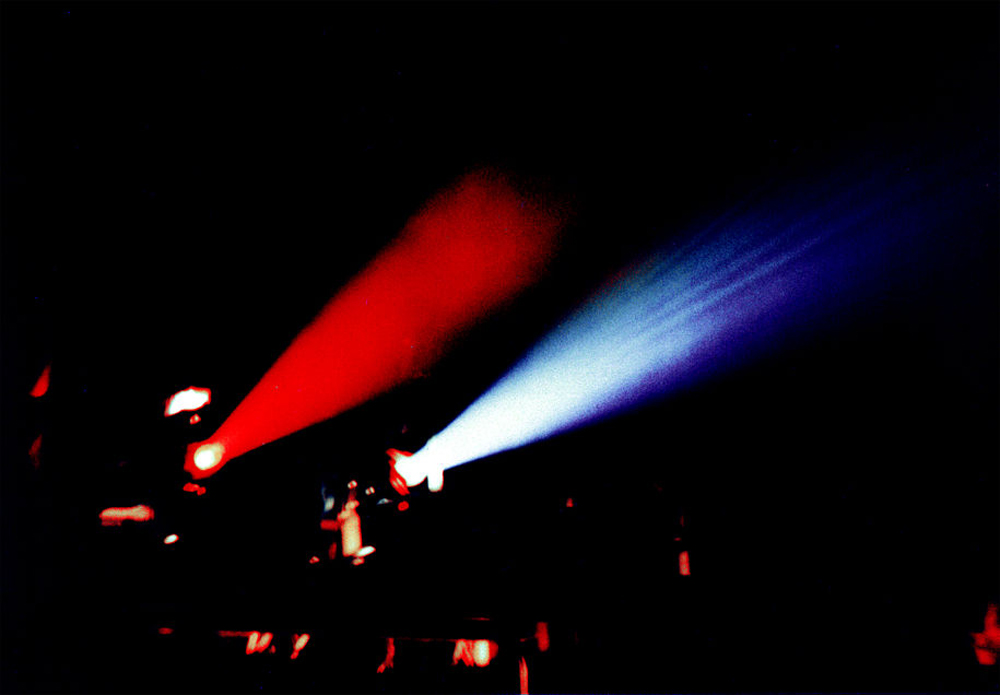
Whitehouse
Whitehouse
Formed as a means to realise William Bennett’s goal of “a sound that could bludgeon an audience into submission”
Arika have been creating events since 2001. The Archive is space to share the documentation of our work, over 600 events from the past 20 years. Browse the archive by event, artists and collections, explore using theme pairs, or use the index for a comprehensive overview.

Formed as a means to realise William Bennett’s goal of “a sound that could bludgeon an audience into submission”

Free jazz pianist John Blum with an everywhere-at-once presence in duo with Jackson Krall, incendiary free jazz drummer and sound sculptor

Slapstick comedy, monologue, and a kind of live sculpture transformed through video, props, musical instruments and make-up.

The second of two short film programmes featuring works that blur the boundaries between music and film from artists who cross and redefine those long held divisions. This programme highlights contemporary works.

Dual projections of pulsating shards of film, treated in crystallized salts and dyes merge with the whirring of projectors, distilled into particles of sound.

How might two of the great musicians working within contrasting traditions of freedom collaborate? What might this produce: musically, socially, allegorically?

A series of three short performed situations and statements to be examined or judged from the most interesting young musician in Glasgow (we think).

Includes: tamed TV snow, video feedback of racing particles, a remake of a polish photogram film destroyed in WWII, a visual and aural representation of Gestalt theory, hole-punched film and Guy Sherwin’s Cycles 3 double-projection.

Our favourite Lancashire-born autodictact asks what’s political about the tension between the individual and the collective in free jazz.

A discussion about what is at stake in the performance of realness and the practice of passing, and how they are both acts of survival and resistance.

A conversation about the movement for prison abolition and refusing the logic of race and sex that underpins the criminalisation and mass incarceration of communities.

Film and sound stripped of ‘content’ and experienced spatially, to be looked at not on the screen but in the space of the gallery